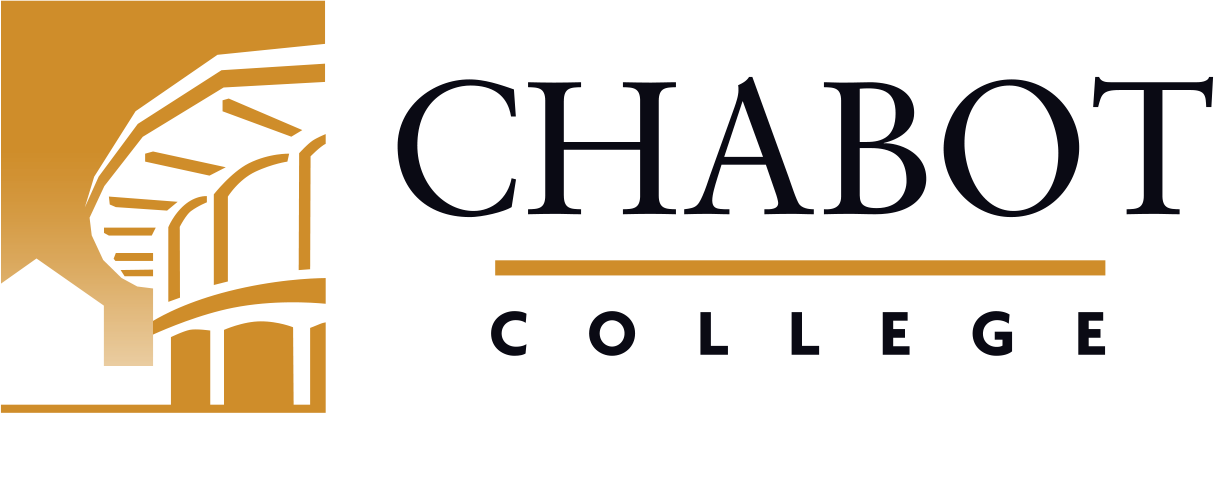
Course Outline for Dental Hygiene 73
Educational Theories in Dental Hygiene Care
Effective: Fall 2022
SLO Rev: 03/27/2021
SLO Rev: 03/27/2021
Catalog Description:
DHYG 73 - Educational Theories in Dental Hygiene Care
1.50 Units
Implementation of problem solving techniques, through the formulation of a research question, implementation of basic research methods, and presentation of findings. Providing patient education through evidence based finding. Development of a written critical review of an oral health based topic. Identification of effective environments and strategies for learning.
Prerequisite: DHYG 69A and DHYG 71A Corequisite: DHYG 69B and DHYG 71B.
1240.20 - Dental Hygienist*
Letter Grade Only
| Type | Units | Inside of Class Hours | Outside of Class Hours | Total Student Learning Hours |
|---|---|---|---|---|
| Lecture | 1.50 | 27.00 | 54.00 | 81.00 |
| Total | 1.50 | 27.00 | 54.00 | 81.00 |
Measurable Objectives:
Upon completion of this course, the student should be able to:
- state the role of evaluation in the learning process and identify two methods of evaluation utilized in the classroom/clinic;
- identify and demonstrate three different teaching theories and related methodologies for the appropriate situations;
- define and compare verbal and non-verbal communication and indicate their relevance and how they can be incorporated into dental hygiene care;
- utilize the library to collect information and data for a literature review, mini-teach, and table clinic presentation;
- formulate a literature review based on a toopic pertaining to the field of dentistry;
- define the terms related to central tendency, data types and variables;
- list the four basic rules for brainstorming and participate in a brainstorming session with fellow classmates;
- Identify and discuss the 4 steps to problem solving, scientific method, and use of null hypothesis in relation to problem solving;
- following predetermined guidelines, effectively present an or health related topic to fellow students through the presentation of a table clinic;
- utilize the world wide web to collect research data and information for a literature review, mini-teaching presentation, and table clinic presentation;
- distinguish between personal websites and acceptable research sources on the world wide web;
- prepare a visual aid for mini-teaching assignment;
- distinguish between four distinct learning styles used in classroom and patient education;
- evaluate research articles to be used in the formulation of a research process based on a PICO question;
- prepare and present a table clinic;
- discuss study types, descriptive statistics, and sampling methods used in the research process;
- demonstrate knowledge of ethics in research.
Course Content:
- Role of evaluation in the learning process
- Learning styles
- Summative and formative assessments
- Stages of learning
- Teaching theory and methodologies
- Behaviorism, cognitivism and social cognitive theory
- Lecture, active learning and problem based learning
- Clinical teaching methodologies
- Clinical competency
- Goals of clinical education
- Verbal and non-verbal communication
- Interpersonal speaking
- Public speaking
- Artifacts, haptics, chronemics, kenesics, proxemics
- Facilitation of group processes
- Formulation of research process
- Development of PICO question
- Principles of research design
- Elements of research
- Data collection
- Levels of evidence
- Study types
- Sampling methods
- Experimental versus nonexperimental studies
- Biostatistics
- Scales of data
- Measures of central tendency
- Development of teaching visual aid
- Mini-teach
- Table cliinc
- Library skills
- On-line search engines
- Evaluating evidence
- Problem solving
- Brainstorming techniques
- Cubing
- Utilization of the world wide web
- Seach engines
- Acronyms
- Development of a literature review
- APA format
- Ethics in research
- Ethical principles
Methods of Instruction:
- Audiovisual aids
- Classroom online instruction
- Discussion-Group
- Lecture/Discussion
- Case Study
- Group Activities
- Research Report
- Research project
- Verbal explanation and demonstration.
- Group Presentations
- Distance Education
- Online ethics course (National Institutes of Health)
- Online surveys and resources
- Reflective writing
Assignments and Methods of Evaluating Student Progress:
- Complete an ethics case study assignment
- Develop an educational presentation on an oral health topic, through the use of a PICO question.
- Write a literature review on the topic selected and evaluated through the PICO question process.
- Create a mini-teach presentation, which includes visual and oral components, based on the literature review.
- Create a table clinic presentation, which includes: purpose statement, introduction, methods and materials, results and conclusion, based on the literature review and mini-teach presentation.
- Complete 2 online learning style surveys.
- Formulate a PICO question and complete an initial research worksheet related to the PICO question.
- Write a reflective essay evaluating the teaching methodologies used in the mini-teach presentation, as well as identifying which aspects of the presentation met specific learning styles.
- Research statistical tests types and applications
- Mini-teach presentation
- Literature review
- Final Examination or Project
- Exams/Tests
- Class Participation
- Papers
- Group Projects
- Research Projects
- Online Assignments
- Attendance
- Homework
Upon the completion of this course, the student should be able to:
- integrate teaching theories and learning methodologies into an oral health project presentation;
- write a PICO question;
- implement research strategies to write a literature review based on a selected oral health related topic;
- evaluate and discuss research methodologies including: data sources and types, descriptive statistics, sampling methods, study types, and central tendency;
- prepare and present a table clinic on a selected topic related to dental hygiene/oral health.
Textbooks (Typical):
- Patten, M. L. & Newhart, M. (2018). Understanding Research Methods: An overview of the Essentials (10th). Rutledge.
- - (2009). Publication Manual of the American Psychological Association, (most current). American Psychological Association.
Abbreviated Class Schedule Description:
Providing patient education through evidence based finding. Identification of effective environments and strategies for learning.
Prerequisite: DHYG 69A and DHYG 71A Corequisite: DHYG 69B and DHYG 71B.